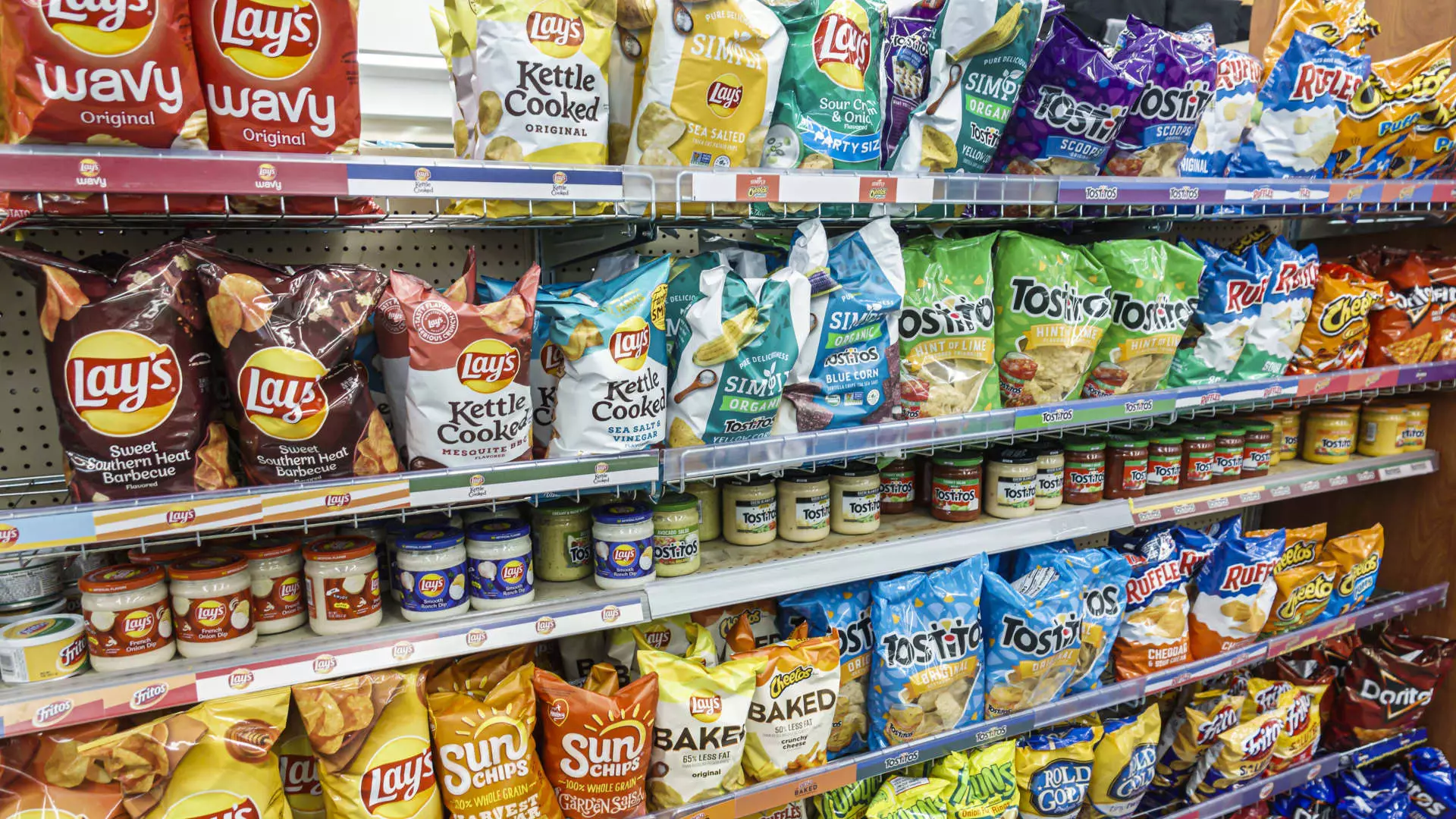Recent events have highlighted the intricate relationship between political decisions and market dynamics, particularly in the processed food sector. Following the announcement of President-elect Donald Trump’s nomination of Robert F. Kennedy Jr. for the position of Secretary of Health and Human Services (HHS), processed food stocks experienced a significant plunge. This development raises alarm among investors, as they fear a potential tightening of regulations on the food industry, which could adversely affect major players in the sector.
On a particularly tumultuous day, major companies such as PepsiCo and Coca-Cola saw their stocks drop dramatically, with declines of over 4% and 1.3%, respectively. General Mills, the maker of Cheerios and Betty Crocker products, along with Conagra Brands, which produces Reddi-wip, each recorded falls exceeding 2%. Other notable declines included Campbell Soup, known for iconic products like Goldfish crackers, and Kraft Heinz, producer of staple items such as macaroni and cheese and Oscar Mayer hot dogs. The most severe decline came from Lamb Weston, a supplier of frozen potatoes, whose stocks fell by more than 6%.
Concerns Over Regulatory Changes
The apprehension surrounding stock volatility stems, in part, from Kennedy’s reputation and his stated goals for HHS. Kennedy is a well-known vaccine skeptic whose public health stances have raised eyebrows. Critics argue that his leadership may lead to a shift in focus away from established food safety standards, igniting fears of inadequate oversight. His proposed initiative, “Make America Healthy Again,” suggests a commitment to revising current health frameworks which, according to some analysts, could foment stricter scrutiny over companies producing highly processed foods.
Kennedy’s criticism of the Food and Drug Administration (FDA) and its lack of regulation concerning food ingredients resonates with many health advocates. He recently expressed concerns over the discrepancy in food safety standards between the United States and other countries, citing examples such as the variances in the ingredient lists of popular cereal brands. With such declarations, traders are increasingly wary of how these regulatory shifts, should they materialize, could affect not only profitability but also the market positioning of these food giants.
The Broader Implications for the Food Industry
If Kennedy secures the Senate’s approval, his role will extend beyond just basic food and drug oversight; he will also manage Medicare, Medicaid, and the National Institutes of Health. This vast purview could lead to a transformation of how food and health policy intersects, echoing throughout the industry and raising the stakes for processed food producers. Investors are left to ponder the viability of companies that have thrived within the existing regulatory landscape should new, more stringent measures take effect.
As seen in the recent stock market fluctuations, the food industry’s resilience may be tested in the coming months. With the approval process for Kennedy looming, stakeholders from investors, company executives, to consumers will need to remain vigilant and adaptive to the shifting political climate regarding food health and safety. The question now arises: how will the processed food industry navigate these challenges, and what alternative strategies will they implement to maintain their market presence amid potential regulatory upheaval?

